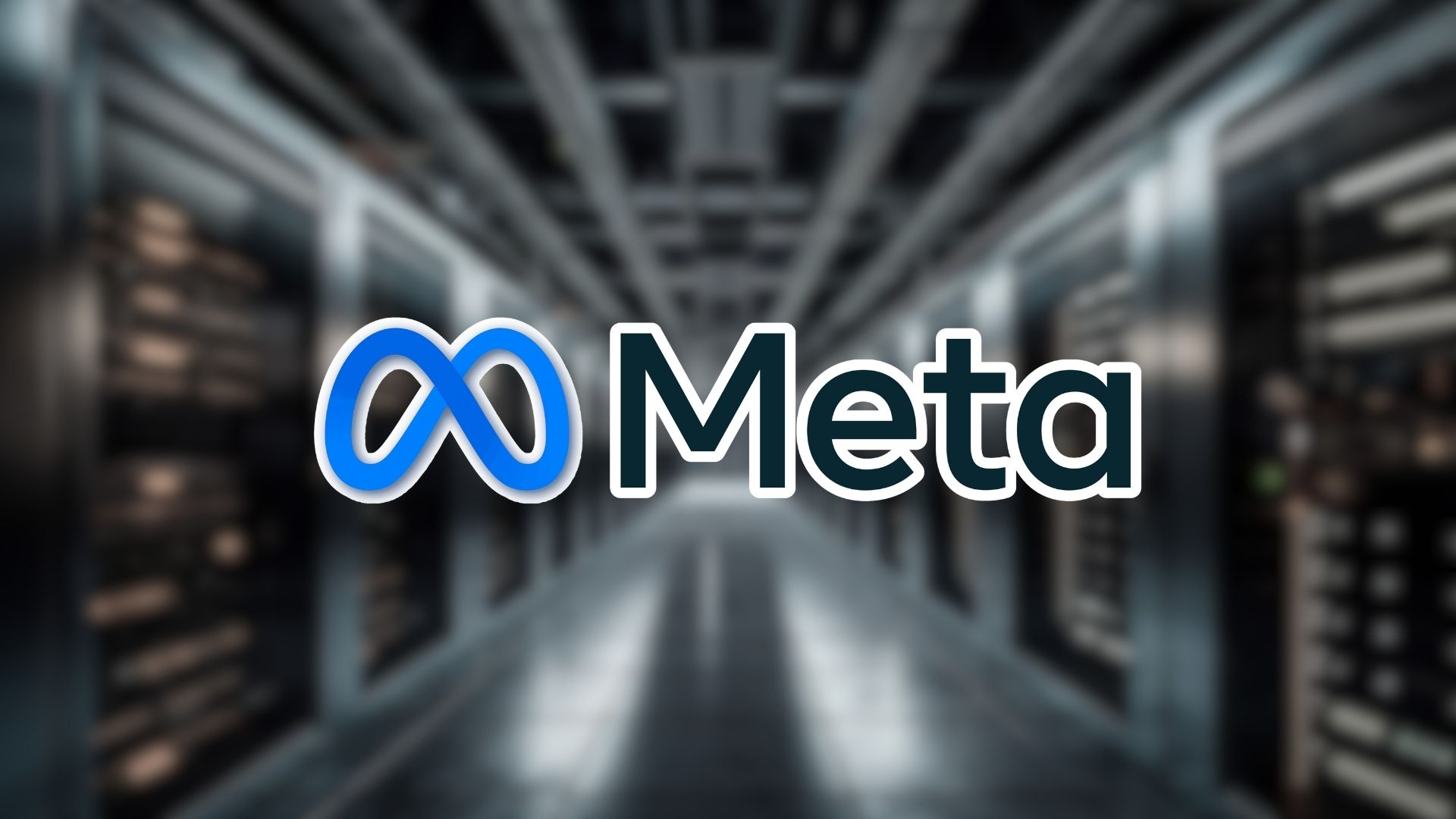Australia’s rise to second place in the OECD Digital Government Index signals renewed momentum for national digital transformation.
A shift that comes as Microsoft signs a new five-year Volume Sourcing Arrangement with the Federal Government, designed to underpin modernisation across public services and create a secure, future-ready foundation for responsible AI adoption.
The agreement led by the Digital Transformation Agency gives agencies access to Microsoft Copilot, Azure, Microsoft 365, Dynamics 365 and a strengthened security and compliance framework instead of continuing reliance on ageing systems.
The arrangement sets clearer strategic pathways for innovation, procurement and skills development through an enhanced governance structure.
It recommits both sides to national security requirements, including the Security of Critical Infrastructure legislation, the Cloud Hosting Certification Framework and IRAP.
These measures allow agencies to expand AI use while retaining control of data and meeting the expectations placed on government institutions.
A successful Copilot trial in 2024 already demonstrated personal productivity gains of around one hour per day for participating staff.
Microsoft is also establishing a $1.55 million training fund for the Australian Public Service to support capability building in ethical AI use and modern cloud operations.
The company emphasises that Australia’s partner ecosystem will gain new opportunities because the agreement simplifies how local firms engage with government agencies. Such an approach forms an important part of the wider public sector reform agenda announced last year.
The new deal aligns with national priorities set out in the Whole-of-Government Cloud Computing Policy and the National AI Plan.
Australia now enters a pivotal period in which digital transformation is guided not only by technological capacity but by the frameworks of trust, resilience and public benefit that shape how government services evolve.
Would you like to learn more about AI, tech and digital diplomacy? If so, ask our Diplo chatbot!










